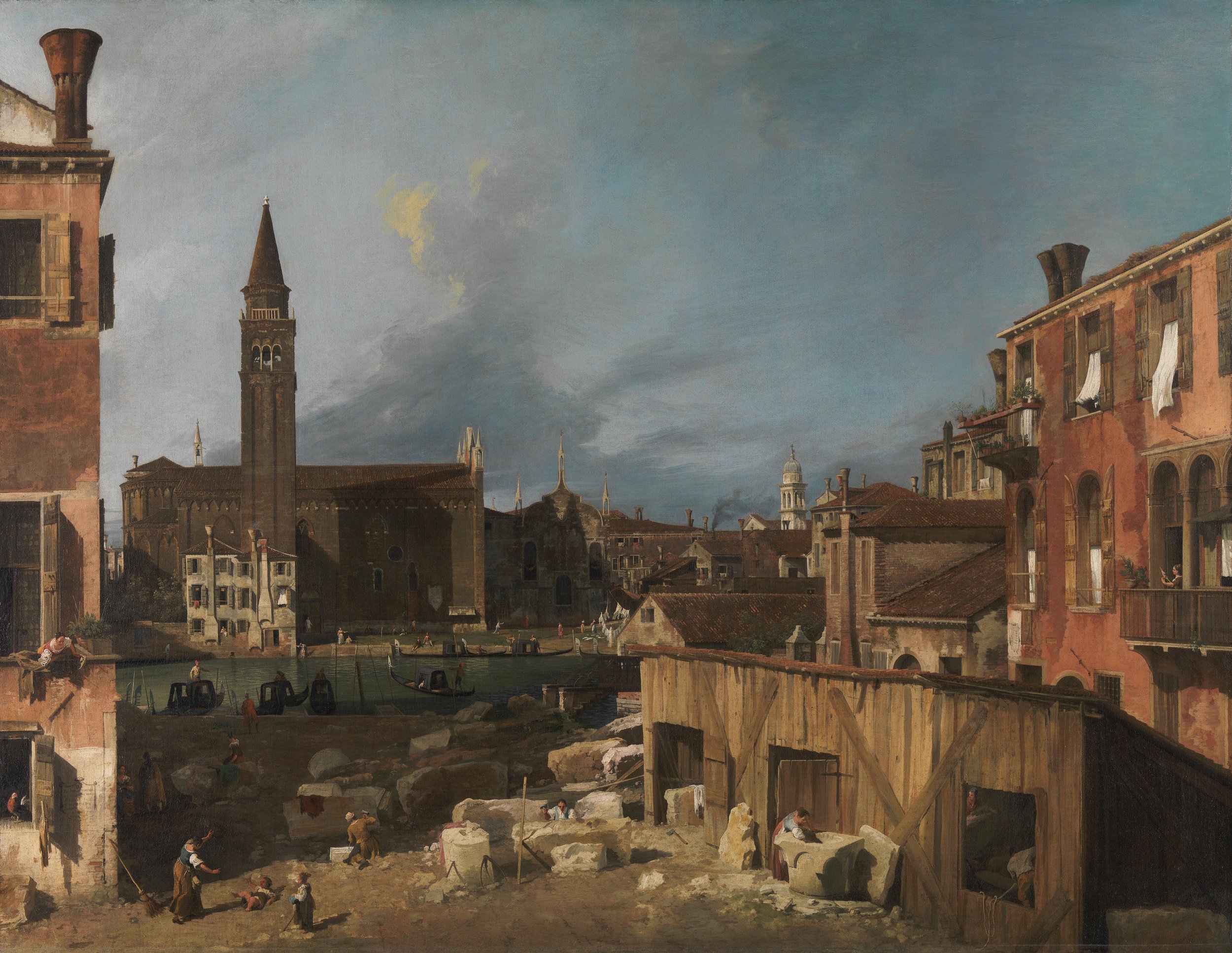
Wince+Sing
“on an age-old anvil wince and sing”
-Gerard Manley Hopkins
Wince+Sing is the official blog of Greystone Theological Institute. W+S provides biblical and theological resources for Christian scholarship, education, and devotion—all from a perspective consonant with and expressive of a comprehensive catholic and deeply Reformed, confessional Christian faith.
Eve Alone? The Curious Tale of the Missing Adam
This omission is not the result of variations in the original biblical texts. As Parker notes, the Hebrew word is undisputed in the MT, and ancient textual witnesses all include it, with the noteworthy exception of Jerome's Vulgate. And the omission is a critically important one. Without this phrase, the reader is left with the impression that Eve sins alone. Parker is generally persuasive in her argument that the translators appear to be motivated to excuse the man and blame the woman.
To Be Pompilia: Reading the Abedini Saga Virtuously
If you've not yet had the pleasure, Anthony Esolen's (characteristically) outstanding book, Ironies of Faith: The Laughter at the Heart of Christian Literature(ISI Books, 2007), should rush to the top of your reading list. I often recommend the opening essay, "To Be Pompilia, Not the Fisc: Browning and the Irony of Humility," to ministerial and theological students.
Milton, Gender, Marriage, and Divorce: A Greystone Course
Alongside the writings of the Divines themselves, the writings of the great moral theologians such as Ames and Perkins, and the twists and turns of evolving canon law, one of the most important contextual features in the Assembly's statement is the series of publications on divorce written by the great English poet John Milton.
Book Note: When Children Became People
What is a child, and what is a child for? What qualities identify a child as such? Are they desirable or undesirable? Is a child an image of folly or of innocence, of weakness or of strength? An old Greek adage said, "Old men are like children once more." In our day we might think that endearing, and an image of innocent simplicity may come to mind. In the ancient world, however, the adage reflected the connection of children with ignorance.
Wince+Sing and Greystone
Wince+Sing -- whose name is drawn from the Hopkins line, "on an age old anvil, wince and sing" -- was the nascent form of the Greystone project, and after the recent hiatus the blog is now able to take a slight turn in its story, a turn in the direction of a more visible link with Greystone.
Welcome to the Lydia Center for Women and Families
Greystone’s Lydia Center for Women and Families has been formed to advance research and provide resources in the areas of women, marriage and family, and children. The Lydia Center encourages collaboration among scholars in biblical, theological, historical, linguistic, and sociological disciplines for research output that is serviceable to clergy, academic and religious institutions, and families.
Reconciliation and the Upturned World
Do you want to see reconciliation? Luke locates it in the seam of a double quaking.
Porn or Celibacy: The New Choice for Christian Women?
It is a sobering thought, but the prevalence of porn may push us in one of two directions: women may decide porn can no longer be a relationship "deal breaker" and so "marry down" in order to marry at all…
Travel Guides to the Unknown: Why We Should Read Writers on Depression
The morning sun met me today with the numbing news that the youngest daughter of longtime family friends had committed suicide after a long struggle with depression.
Path or Road? The Ethical Dynamic of Communication
Speech, as communication coming from God's image bearers, is central to who we are, to our relationship to the God we are commanded to love with heart, soul, mind, and strength, and to how we care, or fail to care, for our neighbor.
Ruskin on Art and Life
In his little On Art and Life, a selection from his landmark study, The Stones of Venice, John Ruskin, like Wendell Barry, reflects on humanity and labor in a way that ought to find beautiful translation in the Christian life, communal nurture, family and especially parental wisdom, and pastoral care.
What Is the Gospel?
The following lines are the final words of an article titled "The Place of Law in the Gospel of Glory," just submitted for publication with the Confessional Presbyterian Journal as part of their "sic et non" series exploring debated issues within Reformed circles.
On the Portico to the World of the Bible
"In the beginning, God..." Drawing near to the vast, unwieldy edifice which is the world of the Bible, we assume we enter here by way of the portico of the natural-supernatural distinction.
Wise Stewardship and the Identity of God as Triune Giver
What does the practice of Christian giving say about the God we know and confess?
The God That Failed Us: When Medicine Doesn't Prevent Death
When we listen to the Tempter's suggestion that God has failed us because medicine has not prevented death in the young or the old, the Tempter proves once again that he is subtle enough to entice with half and partial falsities, not whole ones.
Laughter and Weeping
Laughter and weeping are moments in which our efforts to suppress these truths about ourselves momentarily and spectacularly fail. The connection we always have with the invisible, the glorious, and the divine erupts, against our better judgment as materialists and naturalists (in atheistic terms).

















